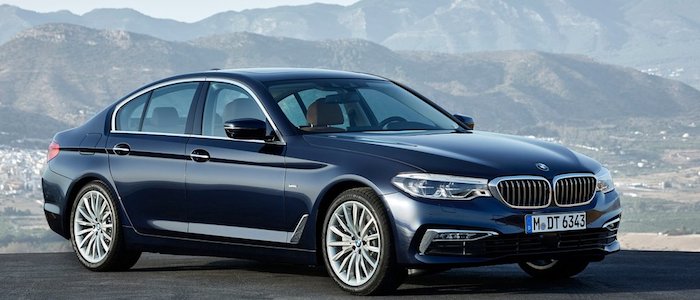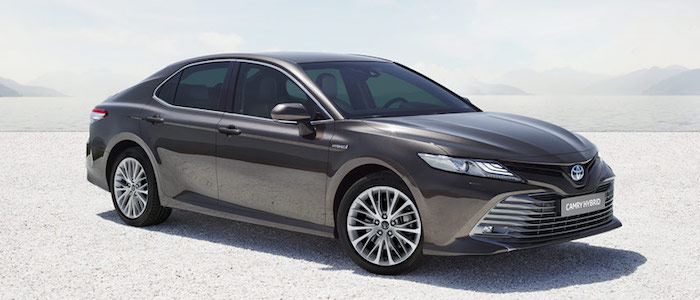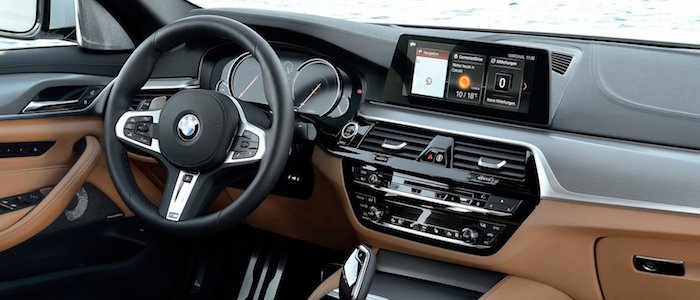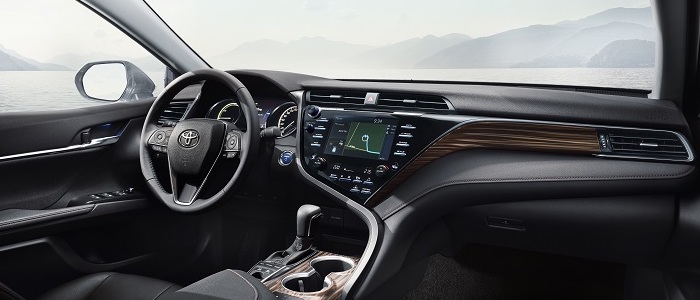Compare two cars
Compare any two cars and get our Virtual Adviser™ opinion
Dimensons & Outlines
Check vehicle history
Engine
Performance (manual gearbox)
Performance (automatic gearbox)
Expenses
Virtual Adviser's™ opinion
Two significantly similar cars, no doubt about that. Still, each one has something different to offer. Having both cars powered by hybrid engines and utilizing the 4-door sedan body style within the same 'Luxury car' segment, the only major difference here really is their wheel drive configuration (rear for the BMW and front in the case of the Toyota). The first one has a BMW-engineered powertrain under the hood, a 4-cylinder, 16-valves 252hp unit, while the other one gets its power and torque from a 4-cylinder, 16-valves 218hp engine designed by Toyota.
SafetyThe fact that the BMW got tested by the European New Car Assessment Programme (Euro NCAP), while the other contender didn't, puts it sky-high safety-wise, in my eyes at least. Still, apart from the official crash test results there are other things we need to be aware of. Both vehicles belong to the luxury car segment, which is generally a very good thing safety-wise, but that fact doesn't break the tie between the two cars. Furthermore, if we'd like to consider vehicle mass in this context too, which we definitely should, the German car offers a considerable difference of 12% more metal.
ReliabilityReliability is not the best thing to consider on the make level, but it is worth mentioning that Toyota as a brand displays somewhat better results, all the models observed together. That's the official data, while our visitors describe reliability of BMW with an average rating of 4.1, and models under the Toyota badge with 4.6 out of 5. Unfortunatelly, I don't have enough insight that would allow me to comment in more details on the specific models level. Above it all, drivers of cars with the same engine as the German car rank it on average as 4.3, while the one under the competitor's bonnet gets 5.0 out of 5.
Performance & Fuel economyBMW is undoubtly more agile, reaching 100km/h in 2.1 seconds less than its competitor. In addition to that it accelerates all the way to 235 kilometers per hour, 55km/h more than the other car. When it comes to fuel economy an obvious choice would be the German car, averaging around 1.9 liters of fuel per 100 kilometers (149 mpg), in combined cycle. That's 137% difference compared to the Japanese car!
Verdict
Toyota appears just a bit more reliable, although the difference is truly marginal. The most important thing when deciding between any two vehicles should always be safety, both passive and active. In my opinion, everything taken into account, the German car beats the other contender by far, making it the best choice without even considering other things. It all continues in the same direction, with BMW outracing its opponent in any situation possible, making it better choice for boy racers. To make things even better, it consumps less fuel! All together, there's not much more to say, in this case I wouldn't even consider anything but BMW. Nevertheless, let's not forget that people have different preferences and needs, so what really counts is your personal feel. I'm only here to help. Also, you could use the oportunity to find out which car, everything taken into account, would be the perfect choice for you in the eyes of the virtual adviser™, among thousands of similar, yet so different vehicles.
































